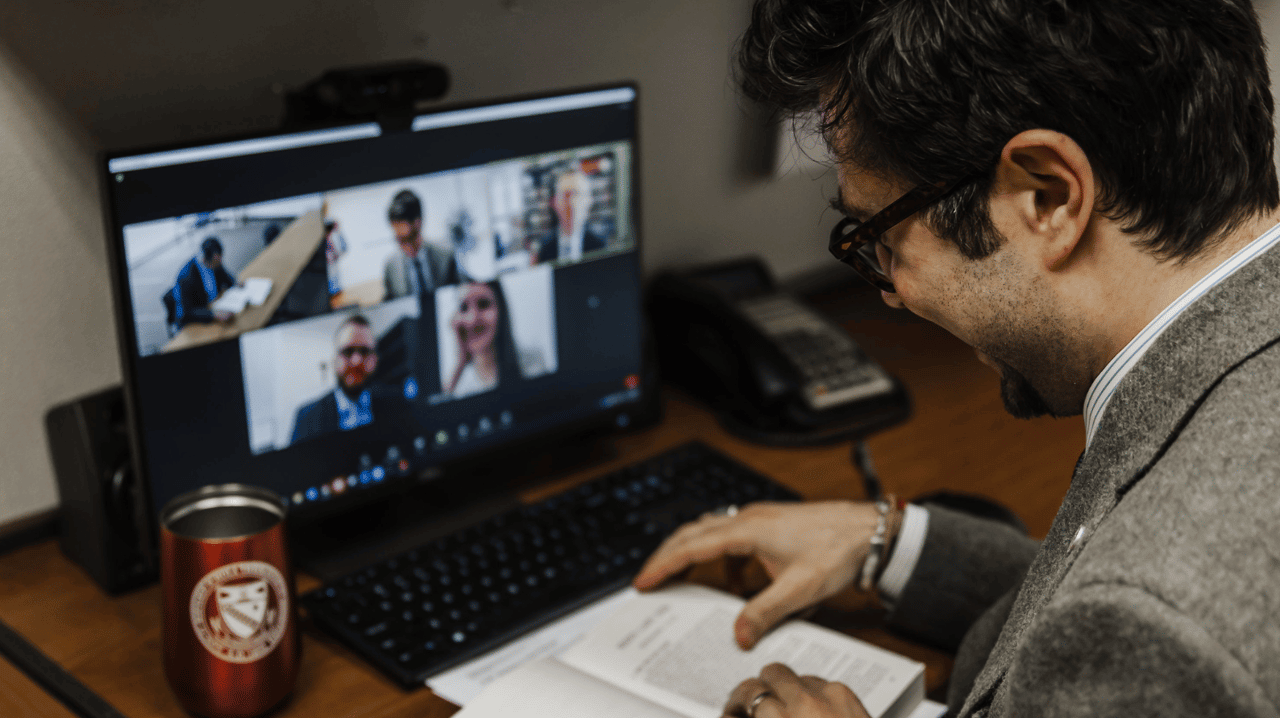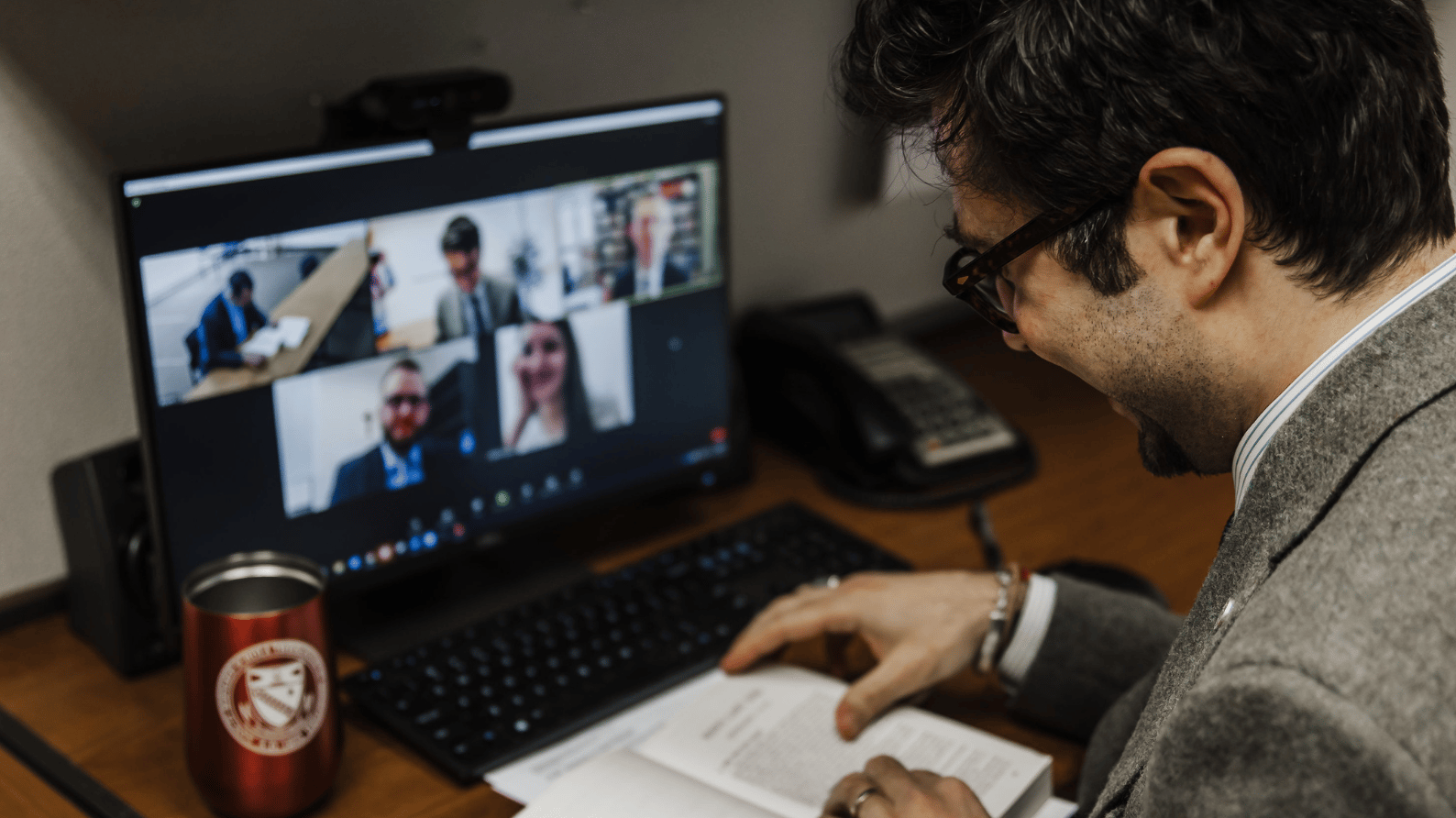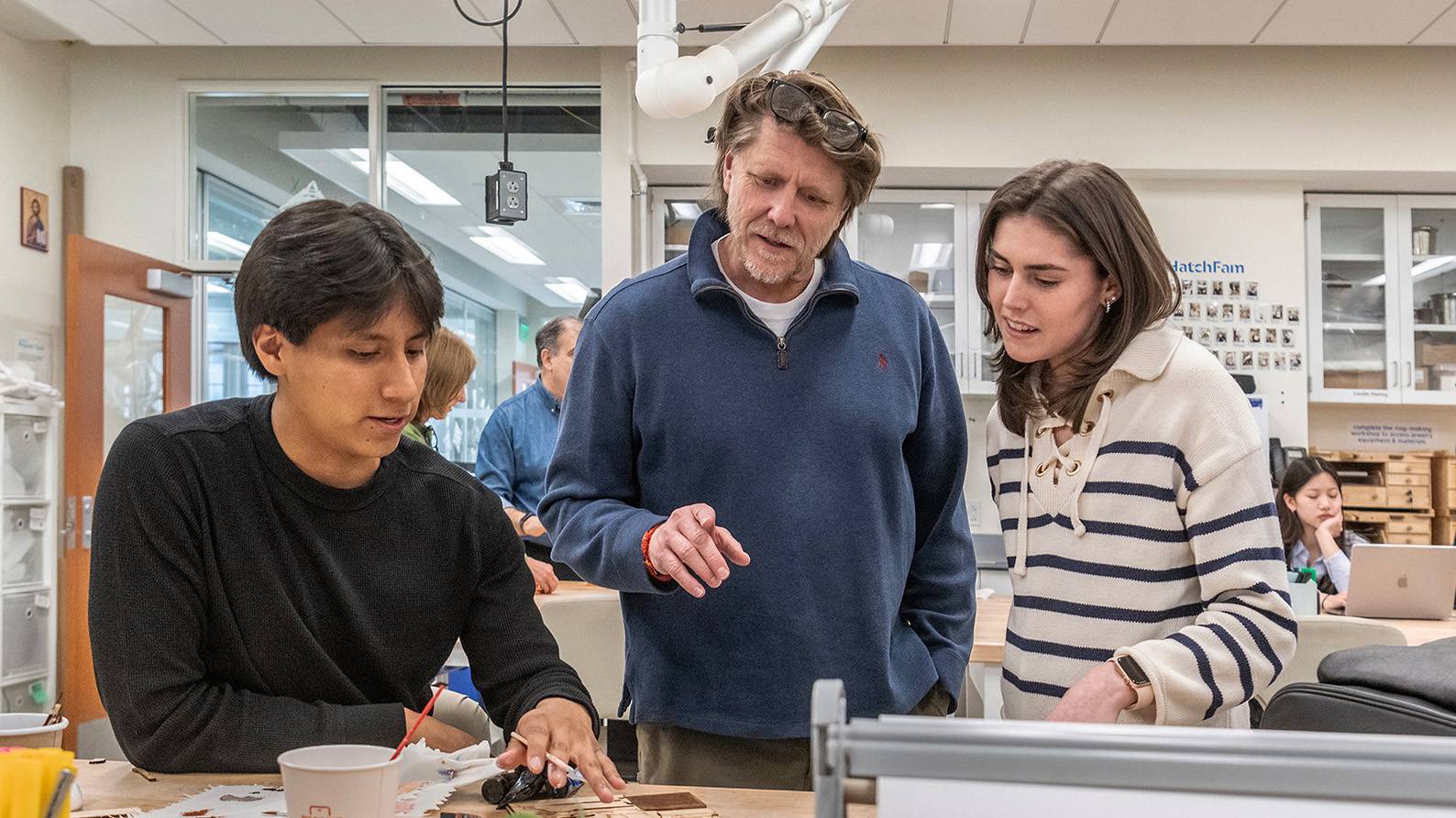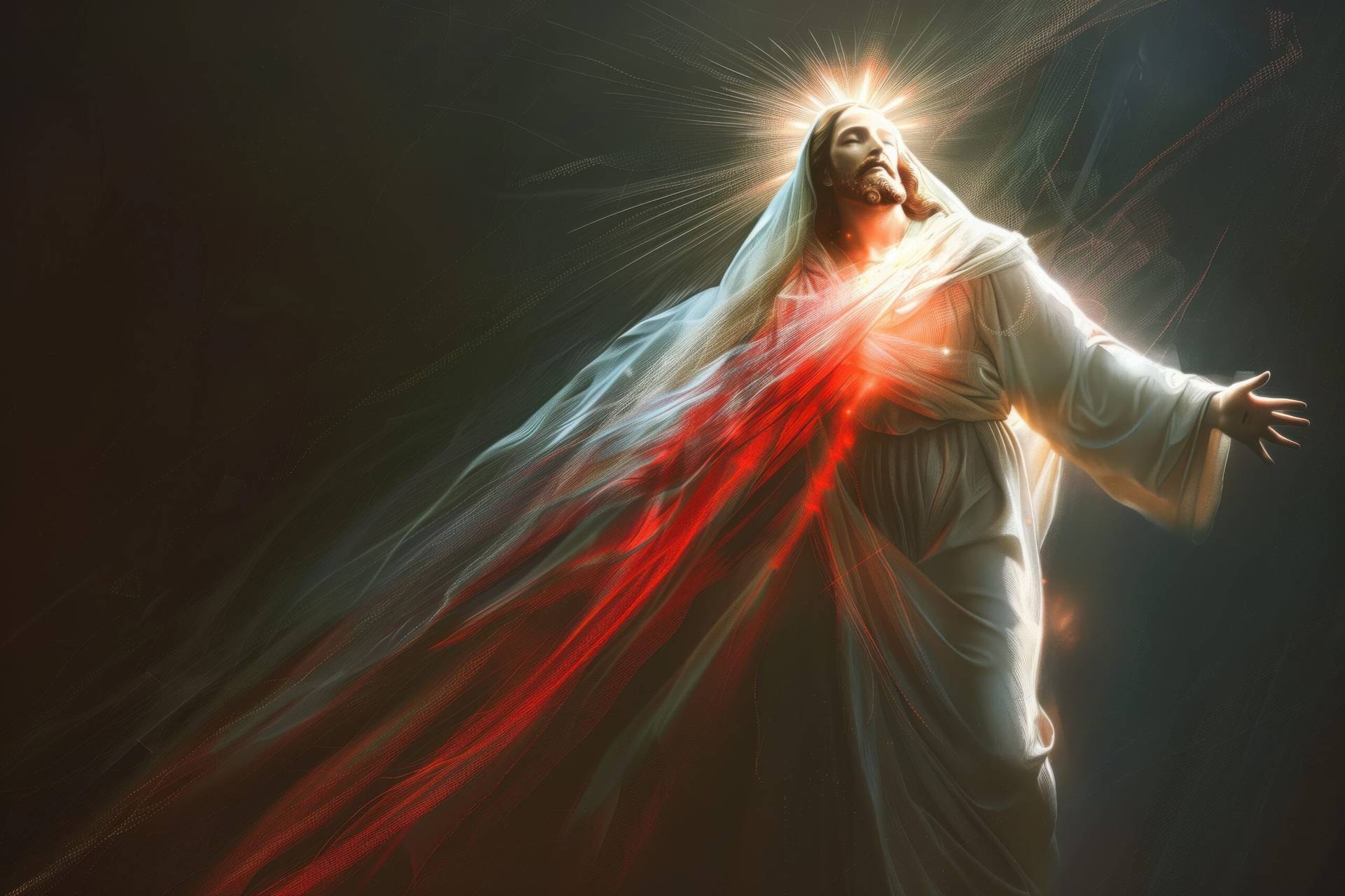Every other Thursday at about 4:10 in the morning, the monks of New Melleray Abbey stand in a dark church, and, following a moment of silence, listen to the lone voice of our abbot offer the prayer that concludes Vigils, our first prayer service of the day:
“Lord our God, as we keep watch with you this night, we commend all people and their lives to you. We remember in particular all those who are working, those who in their suffering cannot sleep, those who use the night to do evil, those who are afraid of the day about to dawn. May they all come out into the light of your Day. We ask you this through Jesus the Lord.”
I am a Trappist monk and, to you who are reading this article, I wish I could find words to express the mysterious and intimate communion I experience with you as I offer this prayer on your behalf in the middle of the night. (Did you use last night to do evil? We’ve got your back. The monks are praying for you too.)
At that hour of the morning, most of you are asleep. You do not know me. You have no idea I am praying for you, but I am aware of you and of a bond between us that is human and eternal as I contemplate the day when we will all come out together into the light of Christ’s day.
In the meantime, I spend my days as a wood-worker at Trappist Caskets where I craft the lids of simple wooden caskets for people I will never meet. I also bless every casket I make and, once again, am struck by the connection I feel with the soul of the person who will occupy it.
I believe this mysterious intimacy with people I will never meet is possible because I stand in the dark, and not only for a while early in the morning.
As a young man, I committed myself to the cloister; to the tomb of Christ where death is changed into life. I was a cancer patient at age 26 and, believing it was the end of the line for me, I heard a voice say: “Your time is up. What is your final answer? Is Jesus history’s greatest liar or is he actually the Divine Son of God?”
Not a practicing Catholic at the time, I surprised myself by affirming the latter statement resolutely and without hesitation. I know who Jesus is. Turns out, that never really was a question for me. And then a curious thing happened: Confessing the divinity of Jesus Christ, brought home to me for the first time that I might actually die.
And I did, in a sense, die. Almost exactly one year after my cancer diagnosis, with no recurrence of a malignancy, (when doctors were telling me I would probably be o.k. and could get on with my life), I decided to enter a Trappist monastery. Why? In a word because I realized that Jesus, who is God, and so need never die, died for me so that I could live forever. Jesus is substituted for me.
I believe substitution is the mystery that marks the exact center of the universe. It is how the redemption of the world was accomplished.
When I bless a casket, I am commending the soul of my deceased brother or sister to this blessed, transforming darkness where I live. It is a mysterious transaction, which remains hidden even after it is discovered.
We get beautiful letters from families who can’t put it in words but deeply appreciate that the remains of their loved one is entrusted to a simple wooden casket fashioned and blessed by a monk. Maybe what we fear most in dying is the prospect of standing in a place where no one wants to take our place. But Jesus did this for me.
Making my home the very tomb where Jesus was lain, I am a sign for others who dread the day they must stand in that place. God knows, I am at a loss to explain it, but it is a good place to be. It is so very good to be here.















